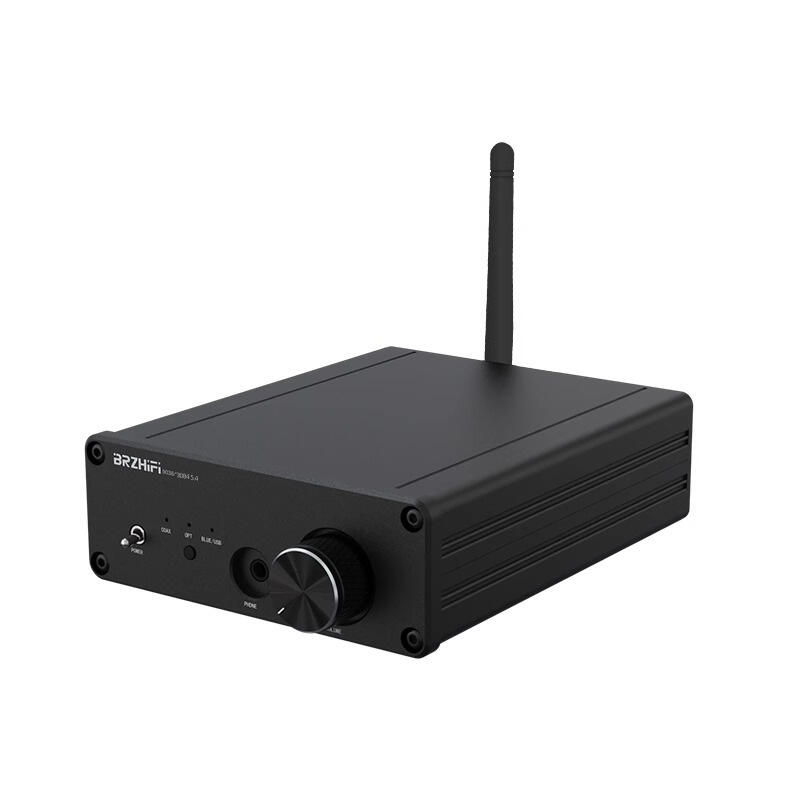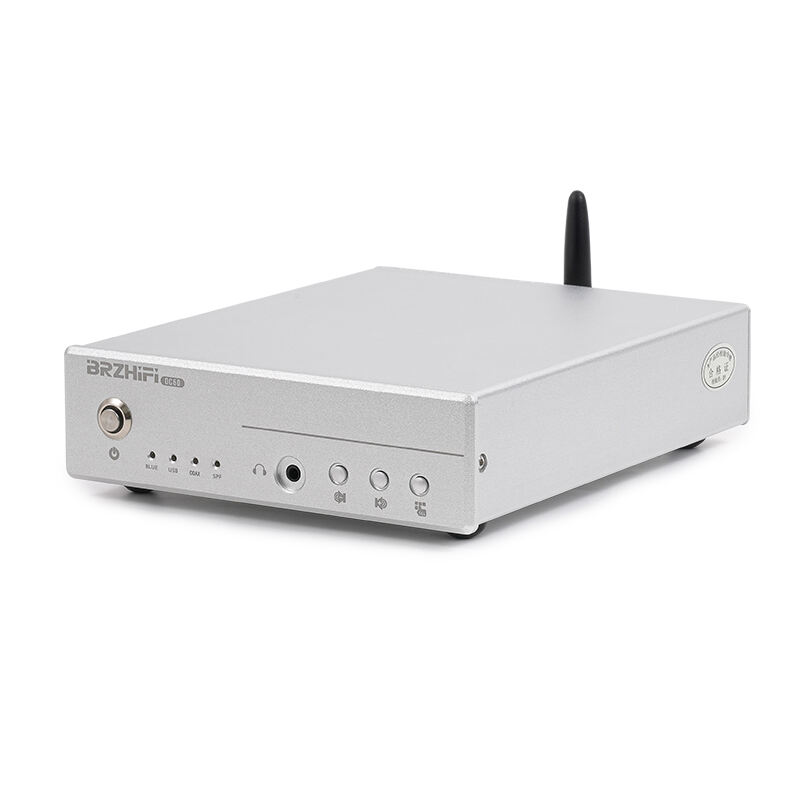Understanding the Essential Role of Audio Decoders in Modern Sound Systems
An audio decoder is a sophisticated piece of technology that transforms compressed digital audio signals back into their original format for playback. This vital component serves as the bridge between encoded audio files and the sound we ultimately hear through our speakers or headphones. In today's digital age, where streaming services and digital audio dominate our listening experiences, audio decoders have become increasingly important in our daily lives.
Whether you're streaming music, watching movies, or playing video games, an audio decoder works behind the scenes to ensure you receive high-quality sound. These devices process various audio formats, from simple MP3 files to complex surround sound configurations, making them an integral part of modern entertainment systems.
The Core Technology Behind Audio Decoders
Digital Signal Processing Fundamentals
At its heart, an audio decoder employs advanced digital signal processing (DSP) techniques to convert compressed audio data into playable sound waves. The process begins with the encoded digital signal, which contains all the necessary audio information in a compressed format. The decoder then applies sophisticated algorithms to reconstruct the original audio signal, maintaining the integrity of the sound while eliminating any artifacts or distortions introduced during the compression process.
Modern audio decoders utilize powerful processors that can handle multiple audio formats simultaneously, ensuring compatibility with various media sources. These processors work in real-time, delivering seamless audio playback without noticeable delays or interruptions.
Supported Audio Formats and Codecs
Audio decoders are designed to handle a wide range of audio formats and codecs. Common formats include MP3, AAC, WAV, and FLAC, each with its own compression methods and quality levels. High-end audio decoders often support advanced formats like Dolby Digital, DTS, and PCM, enabling premium surround sound experiences in home theater setups.
The versatility of modern audio decoders extends to their ability to process both lossy and lossless audio formats. While lossy formats like MP3 sacrifice some audio quality for smaller file sizes, lossless formats preserve every detail of the original recording, making them ideal for audiophiles and professional applications.

Applications and Use Cases
Home Entertainment Systems
In home entertainment setups, audio decoders play a crucial role in delivering immersive sound experiences. They process multi-channel audio signals from various sources, including Blu-ray players, gaming consoles, and streaming devices. The decoder ensures that each speaker in a surround sound system receives the appropriate audio signal, creating a three-dimensional soundstage that enhances the viewing experience.
Modern AV receivers incorporate sophisticated audio decoders that can handle the latest sound formats, including object-based audio like Dolby Atmos and DTS:X. These advanced systems can process and distribute audio to multiple speakers, including ceiling-mounted units, for a truly immersive experience.
Professional Audio Applications
Professional recording studios and broadcast facilities rely on high-quality audio decoders for accurate sound reproduction. These environments demand precise audio processing to maintain the integrity of recordings and broadcasts. Professional-grade decoders often feature additional capabilities like time code synchronization, multiple output options, and advanced error correction.
Audio decoders in professional settings must handle various broadcast standards and formats while maintaining consistent quality. They often include features for real-time monitoring and adjustment, ensuring optimal performance in live production environments.
Choosing the Right Audio Decoder
Key Features to Consider
When selecting an audio decoder, several factors should influence your decision. The supported formats and codecs are crucial, as they determine compatibility with your audio sources. Consider the number of channels supported, particularly if you're building a surround sound system. Audio quality specifications, including bit depth and sampling rate capabilities, directly impact the overall sound experience.
Connectivity options are another important consideration. Modern audio decoders should offer various input and output options, including digital connections like HDMI, optical, and coaxial ports. Some models also include wireless connectivity features for streaming audio from mobile devices or networks.
Integration and Compatibility
The best audio decoder for your needs should seamlessly integrate with your existing equipment. Consider factors like power requirements, physical dimensions, and control interfaces. Many modern decoders offer remote control options, mobile apps, or integration with home automation systems for convenient operation.
Future-proofing is also important when choosing an audio decoder. Look for devices that support emerging audio formats and can receive firmware updates to maintain compatibility with new technologies as they become available.
Common Questions About Audio Decoders
Can audio decoders improve sound quality?
Audio decoders themselves don't enhance sound quality beyond the original recording, but high-quality decoders ensure accurate reproduction of the source material. They can make a significant difference when playing high-resolution audio files or processing complex surround sound formats.
Do I need a separate audio decoder if I have an AV receiver?
Most modern AV receivers include built-in audio decoders that handle common formats. However, separate decoders might be necessary for specialized applications or when working with professional audio equipment that requires specific format support.
How do wireless audio decoders compare to wired ones?
Wireless audio decoders offer convenience and flexibility but may introduce latency or quality limitations compared to wired solutions. The choice between wireless and wired depends on your specific needs, setup requirements, and quality expectations.
What's the difference between consumer and professional audio decoders?
Professional audio decoders typically offer higher specifications, more connection options, and advanced features like time code synchronization. They're built for reliability and continuous operation in demanding environments, while consumer decoders focus on ease of use and common format support.

